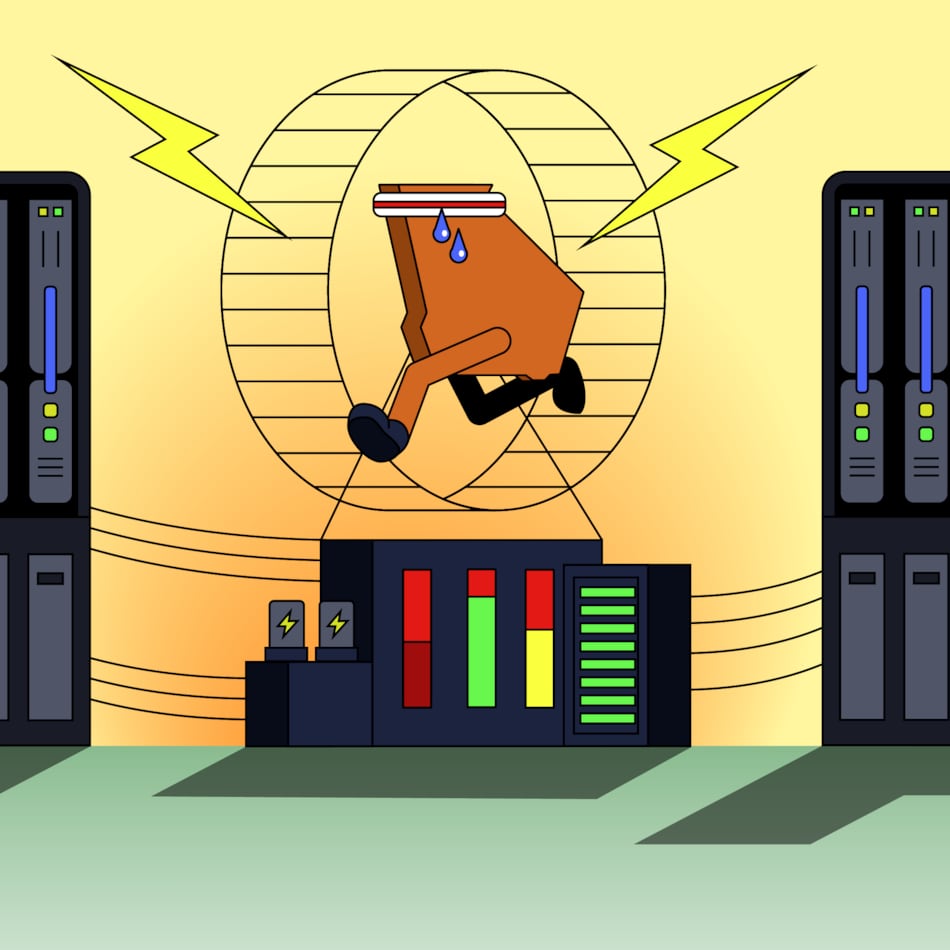ATHENS — Defensive coordinator Glenn Schumann made it clear that Georgia did not tackle well enough last season.
Improvement in that area has been a top priority for this team.
“Number one thing we need to do better in run defense, OK, is tackle better,” Schumann said. “We did not tackle to our standard last year. If you tackle better, you eliminate yards after contact, OK? We need to leverage the football better.”
So what does a better-tackling Georgia look like? It’s not an easy question to answer based only on practice.
The Bulldogs, like every other team in the sport, do not tackle as much as they used to. Injury risks loom as the biggest concern.
“When you tackle to the ground 11-on-11, the statistics indicate it’s your highest injury rate,” Georgia coach Kirby Smart said Tuesday. “So every coach in the country is torn between possibly losing the starter versus missing tackles in opening games. So we do the best job we can to simulate it.”
Georgia limited tackling to the ground during its two scrimmages, the second of which was held Saturday.
Players will often thud or wrap up during drills, but no one wants to miss games because of an injury during practice.
The absence of tackling put an even greater spotlight on how the team performed in the second scrimmage.
Smart wasn’t thrilled with what he saw, but he was probably never going to be. Such is the mindset required to be a coach, much less one of the best in the country.
“Yeah, we’re not the tackling team we need to be,” Smart said. “I can tell you that from the last scrimmage. The only way to get better at it is to practice it. So what do we do? We practice it, but we try to practice it in safe ways.”
Georgia players hear the coaches loud and clear when it comes to a greater emphasis on tackling, even if there isn’t an easy or obvious way to do so.
Defensive players understand the concern involved when it comes to tackling in practice.
But when the coaches repeatedly tell you that your tackling efforts were not up to standard last season, there are no excuses.
“It’s something you’ve just got to work in the individual drills,” safety KJ Bolden said. “There’s a lot of tackling drills, different tackling drills we do, so we definitely are emphasizing it this year.”
Defensive players aren’t the only ones to take notice of the demands of Smart and Schumann.
Offensive players have certainly seen an uptick in the desire to be a better tackling team.
“You feel it in practice, for sure, and that’s an emphasis,” wide receiver London Humphreys said. “But they’re getting better at it every day, especially in the scrimmages, because we don’t do much live tackling otherwise. It’s definitely improved. I mean, it’s harder to break tackles now.”
For what it’s worth, Smart did bemoan the lack of broken tackles by the tight end group following Georgia’s first scrimmage. That should be viewed as a silver lining for the defense, especially with the talent on hand in Georgia’s tight end room.
The constraints of practice only give Georgia so much information. As much as you might want to really focus on tackling hard and bringing ball carriers to a stop, the potential cost of losing your starting running back or wide receiver is just too high of one to pay.
Smart and Schumann can’t truly know if Georgia has improved at tackling until they see a team other than the one they coach. Georgia opens the season against Marshall, but the Sept. 13 contest against Tennessee likely will be a much better indicator of whether all this work on tackling has paid off or if it was lip service.
“Our defensive staff spends countless hours on leverage, pursuit, tackling, but nobody’s perfect at it,” Smart said.
About the Author
Keep Reading
The Latest
Featured


